With the spirit of daring to think and dare to do, Mr. Dinh Kni (born in 1985), a Hre ethnic in Truong An village, Ba Thanh commune, Ba To district, Quang Ngai province, has made efforts to explore and develop the family economy to escape poverty and become rich in his homeland.
Mr. Dinh Kni said that thanks to the land and forest allocation policy of the Party and the State, his family boldly received 15 hectares of bare land and hills to renovate, plant forests, and develop the forestry economy. Based on the advantage of forest land, Mr. Kni and his family focused on developing acacia planting. Mr. Kni said that the acacia tree cycle is 5 years for harvest once. On average, he harvests 100 million VND per hectare of acacia.
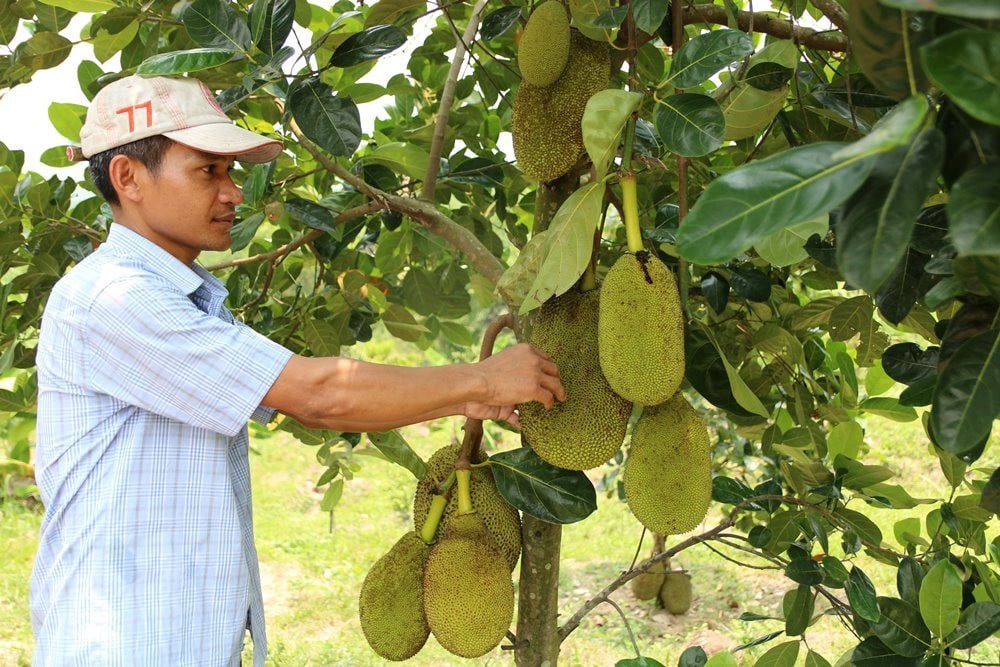
With the locality having a mechanism to grasp the support policy for ethnic minorities, Mr. Kni seized the opportunity to develop the economy. He boldly borrowed an additional 100 million VND, then expanded to a livestock farm combined with growing fruit trees.
“After many sleepless nights, my wife and I discussed using our savings to invest in 1.2 hectares of fruit trees and livestock. My wife was initially very worried, but with the determination to take advantage of the land and climate, my wife and I became rich in our homeland,” Kni confided.
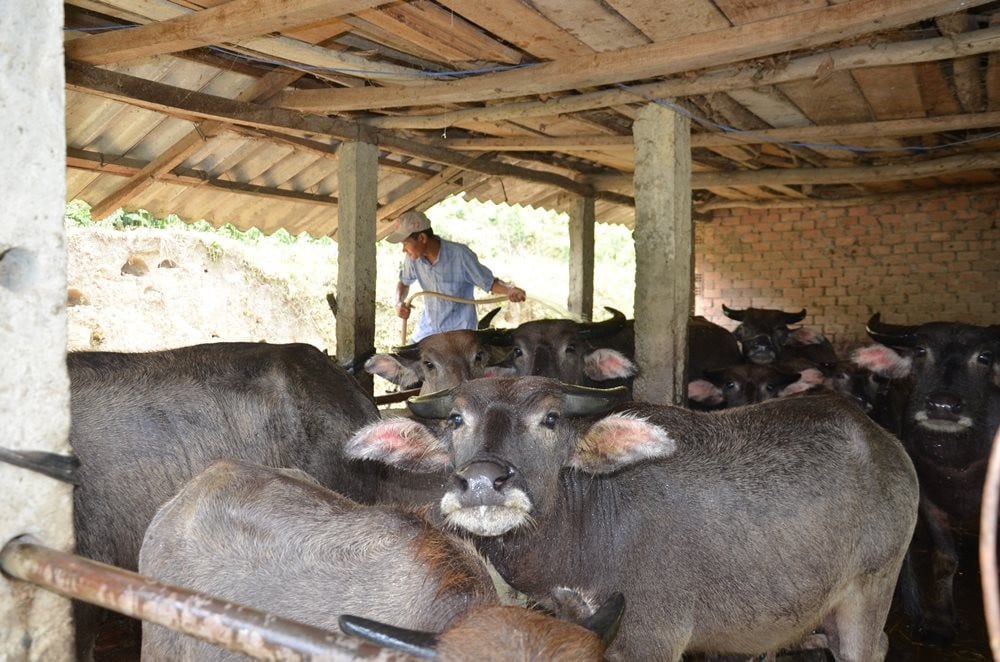
Although the land in the mountainous area is large but barren, the water source is difficult. In 2019, Mr. Kni and his wife started to improve the hilly land, dig wells and draw water from Ho La waterfall. From the knowledge gained from visiting and learning with the local farmers' association and practical experience, he boldly applied it to develop his family's economy. Investing capital to build a comprehensive livestock farm, focusing on developing indigenous black pigs, raising buffaloes, raising deer for velvet, free-range chickens... He uses manure from livestock to fertilize fruit trees. Currently, his garden has jackfruit, guava, oranges, tangerines, green-skinned grapefruit, sim trees and grows rice.
“I cultivate intensively so that I can harvest continuously all year round, from the fruits I harvest I make food for my livestock. Currently I have 11 deer, 20 buffalo, 6 weasels. I just sold a flock of 200 chickens at the market price of 100,000 VND/kg. The selling price of deer antlers is 1,600,000 VND/tael, I just sold 3.9 taels. Each deer is harvested for antlers twice a year,” Mr. Kni shared.
Mr. Pham Van Mac, Chairman of the Farmers' Association of Ba Thanh Commune, said: This is the first economic development model of the locality. Many people in Ba Thanh Commune have learned and boldly planted forests, raised livestock to develop the family economy to contribute to the construction of a more prosperous life.
Ba To is a poor mountainous district of Quang Ngai province, with complex terrain, many high mountains, deep streams, and a population of more than 57,600 people, of which the Hre ethnic group accounts for 84%. In recent years, the socio-economic situation of Ba To has been changing rapidly, positively and with many improvements. The district's economy has continuously grown, and infrastructure serving production and life has been continuously invested in and built. Currently, the poverty rate is about 26%. People's lives and incomes have been significantly improved and raised, with average income per capita estimated at more than 30 million VND/person/year.
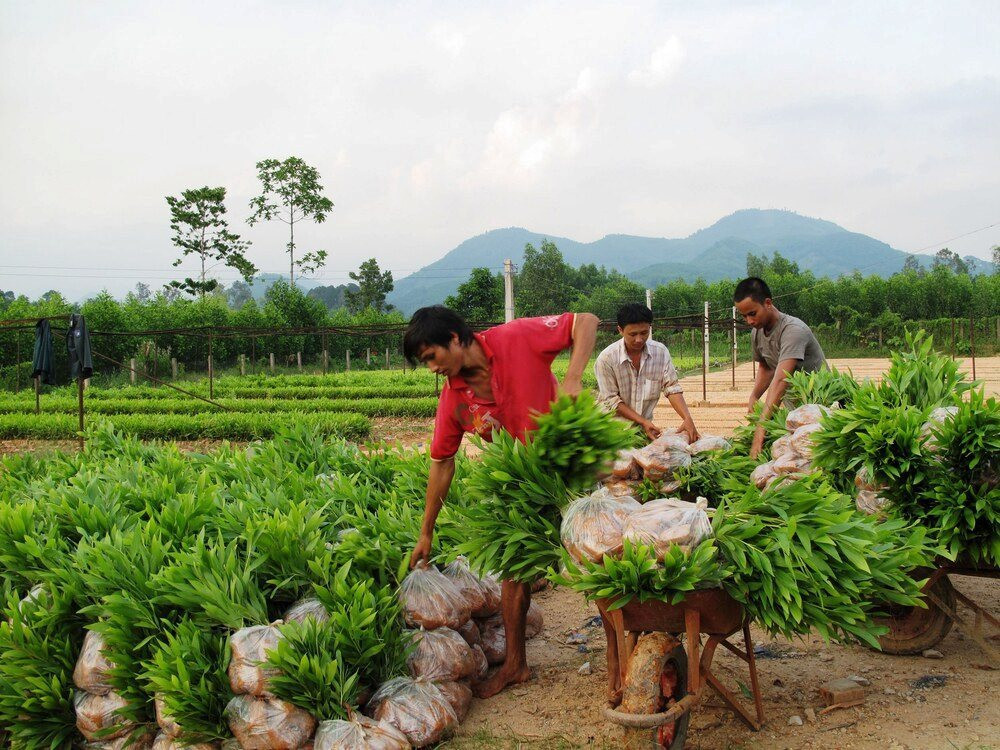
The leader of the People's Committee of Ba To district said that the district has implemented many measures and policies to encourage and support investment in developing agricultural and forestry production, in which the movement of planting raw material forests has attracted many enthusiastic farmers to participate. Thousands of farming households have risen up to eliminate hunger, reduce poverty and enrich themselves legitimately, contributing positively to the economic restructuring in the locality.
As the economy develops, the spiritual life of the Hre people has also improved significantly. Backward habits and customs such as early marriage, burying valuable assets with the dead, worshiping when sick, suspicion of pawning poison, etc. have been gradually prevented and pushed back, contributing to maintaining political security and social order and safety.
In the coming time, the locality will continue to rely on the strength of agriculture and forestry to make a breakthrough in socio-economic development. At the same time, continue to invest in supporting livelihood models for the Hre people to increase income, encourage them to organize in a concentrated form to reduce risks. At the same time, there will be a mechanism to support businesses investing in difficult areas where the Hre people live to solve employment, consume products, etc. From there, the Hre people will reduce poverty effectively, fundamentally, sustainably, helping them to ensure their own lives, minimizing dependence on State support.
Source




![[Photo] "Beauties" participate in the parade rehearsal at Bien Hoa airport](https://vstatic.vietnam.vn/vietnam/resource/IMAGE/2025/4/11/155502af3384431e918de0e2e585d13a)



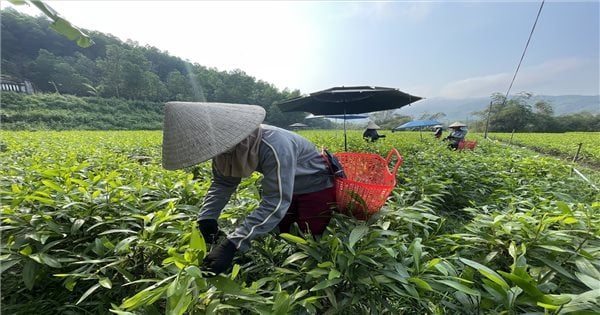

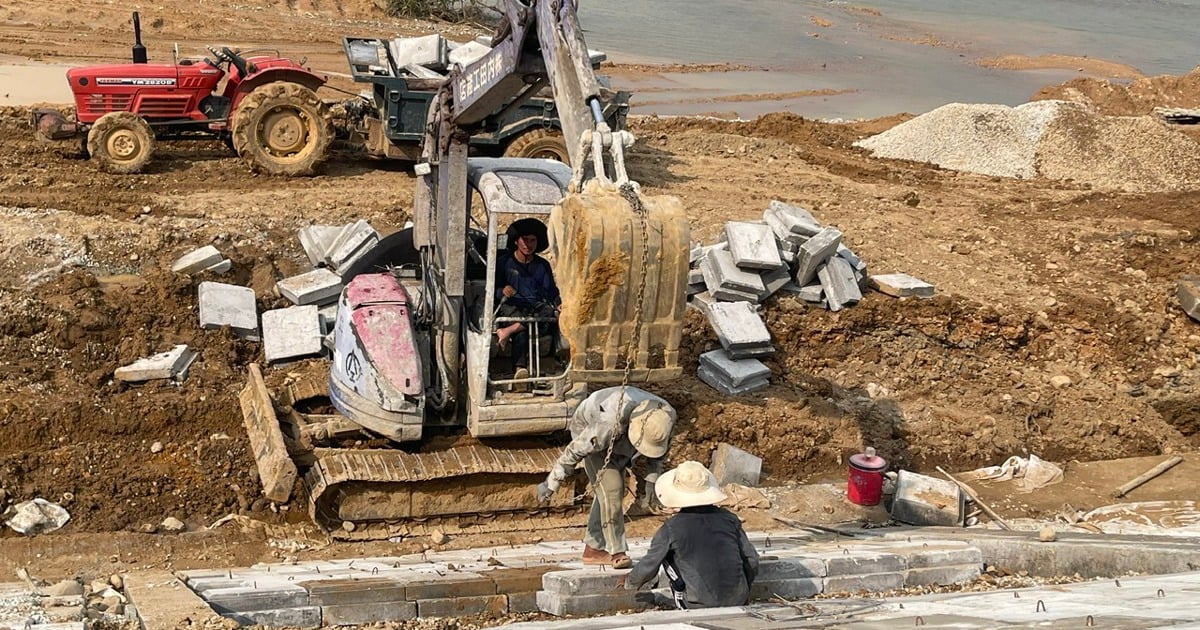

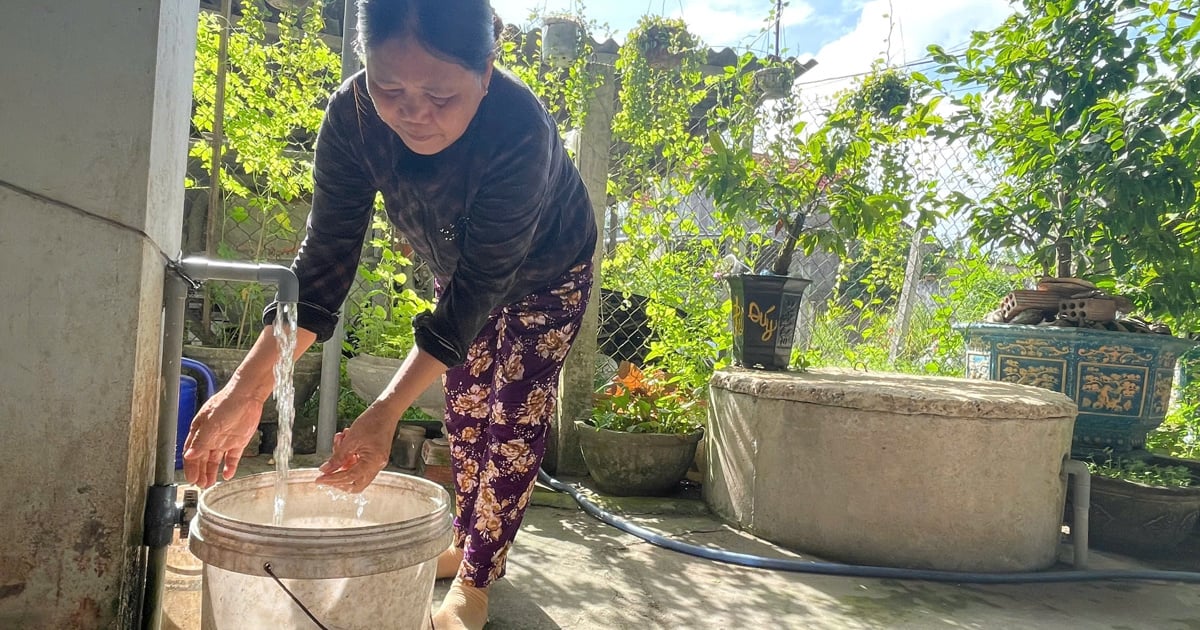
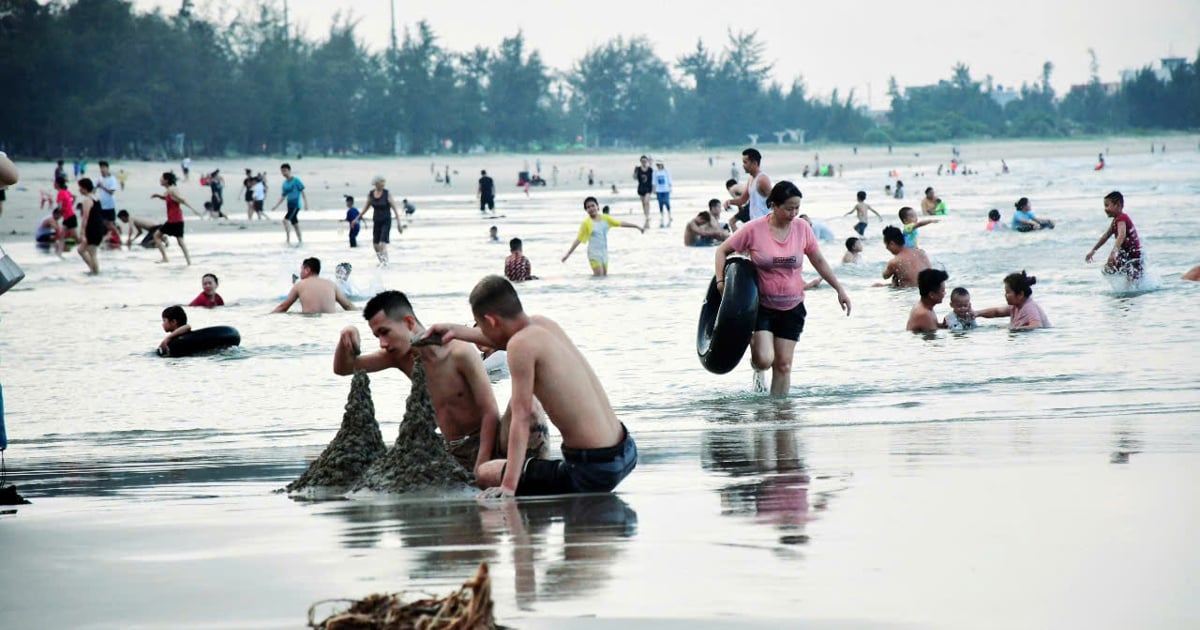
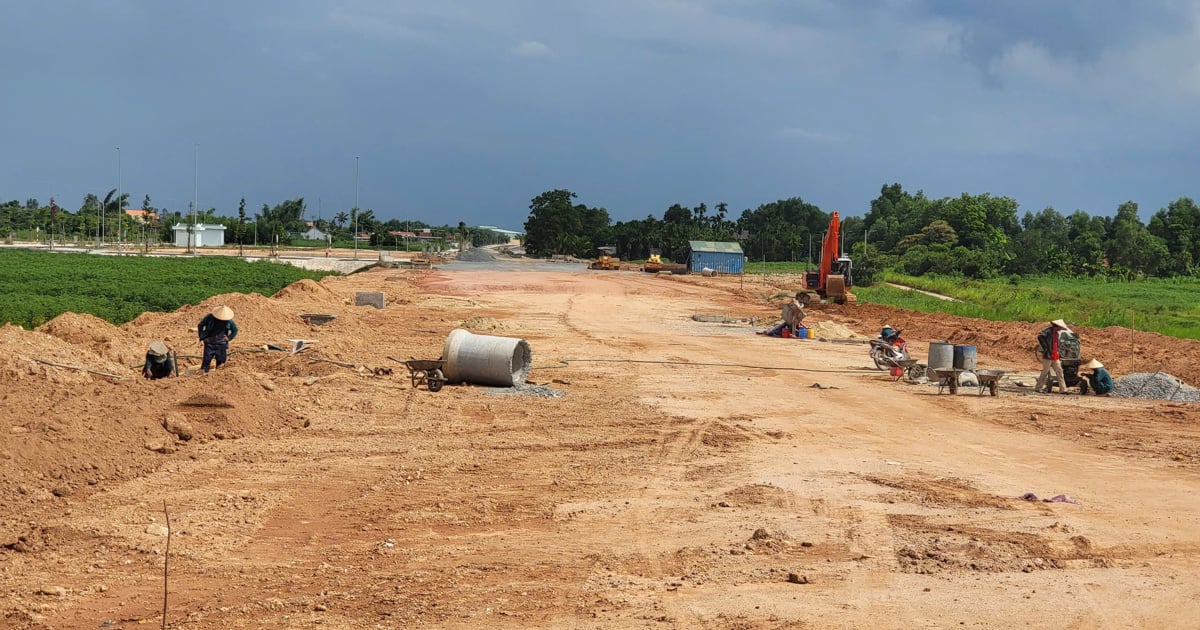

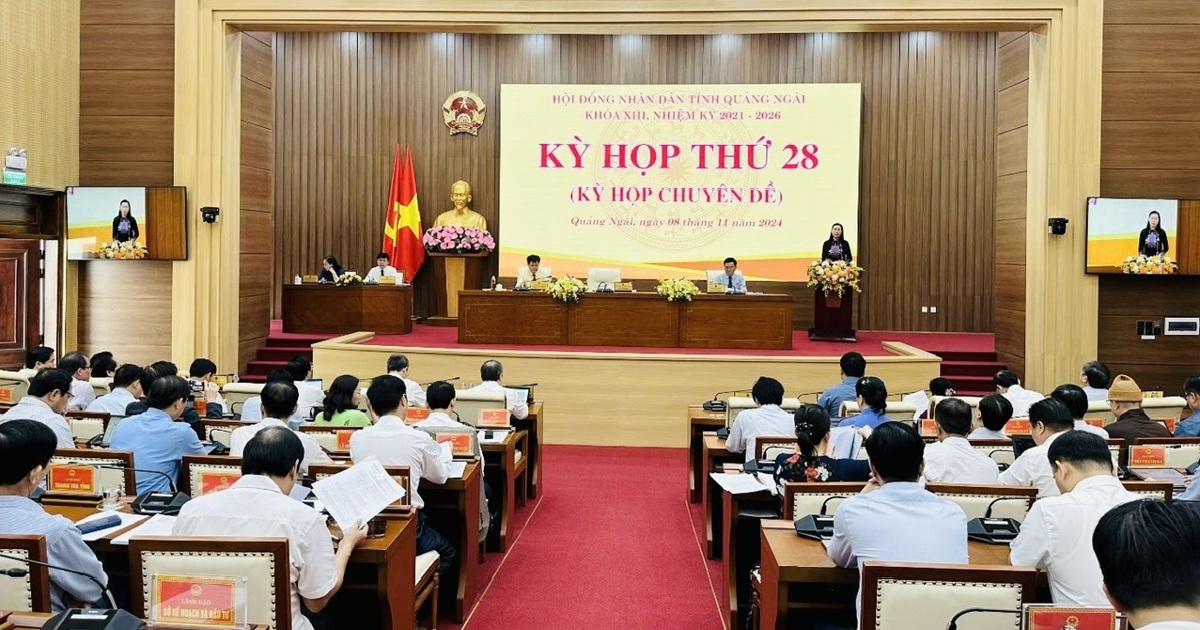



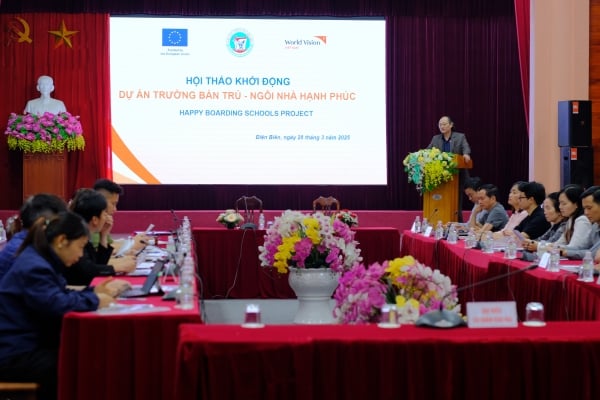
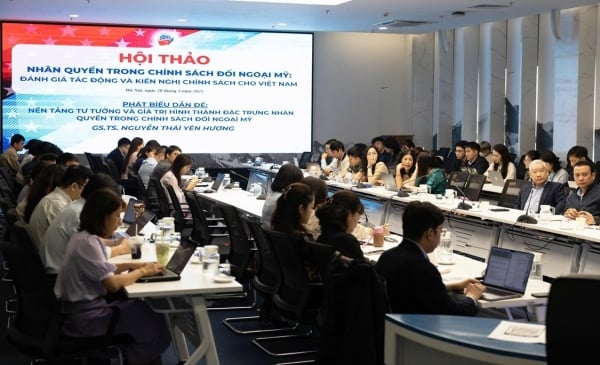








![[Photo] Looking back at the impressive moments of the Vietnamese rescue team in Myanmar](https://vstatic.vietnam.vn/vietnam/resource/IMAGE/2025/4/11/5623ca902a934e19b604c718265249d0)
![[Photo] Summary of parade practice in preparation for the April 30th celebration](https://vstatic.vietnam.vn/vietnam/resource/IMAGE/2025/4/11/78cfee0f2cc045b387ff1a4362b5950f)


































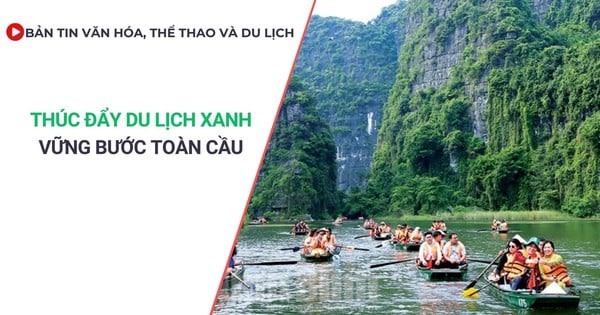







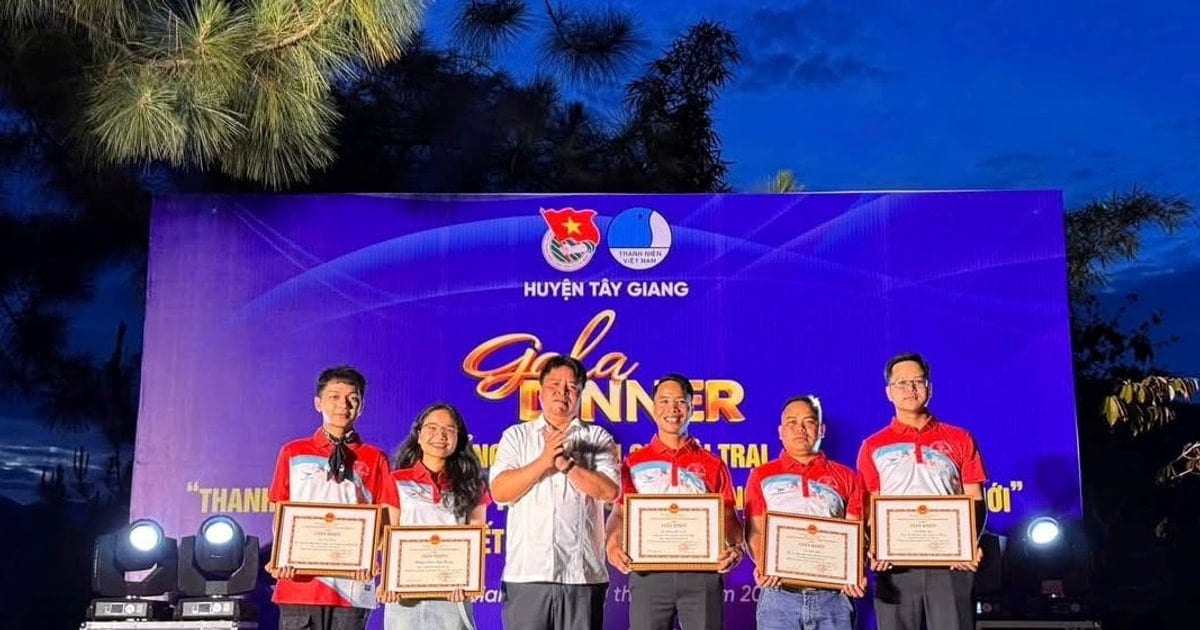

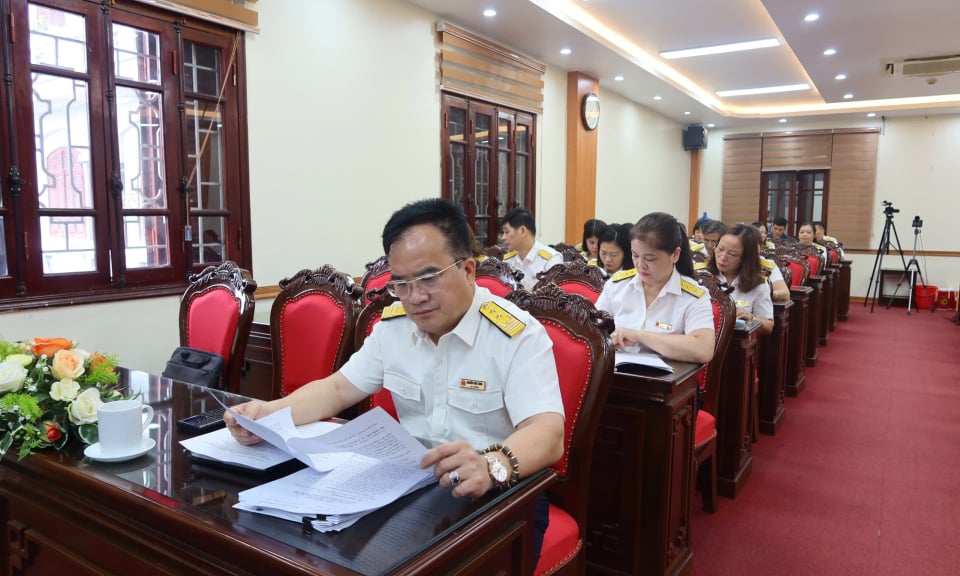
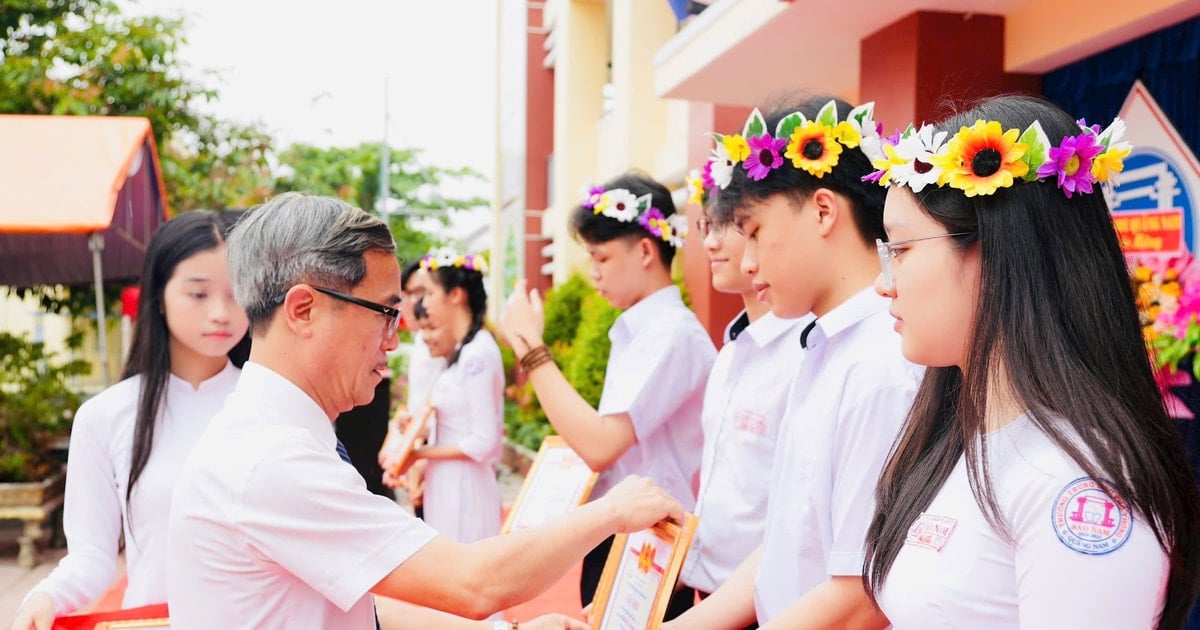
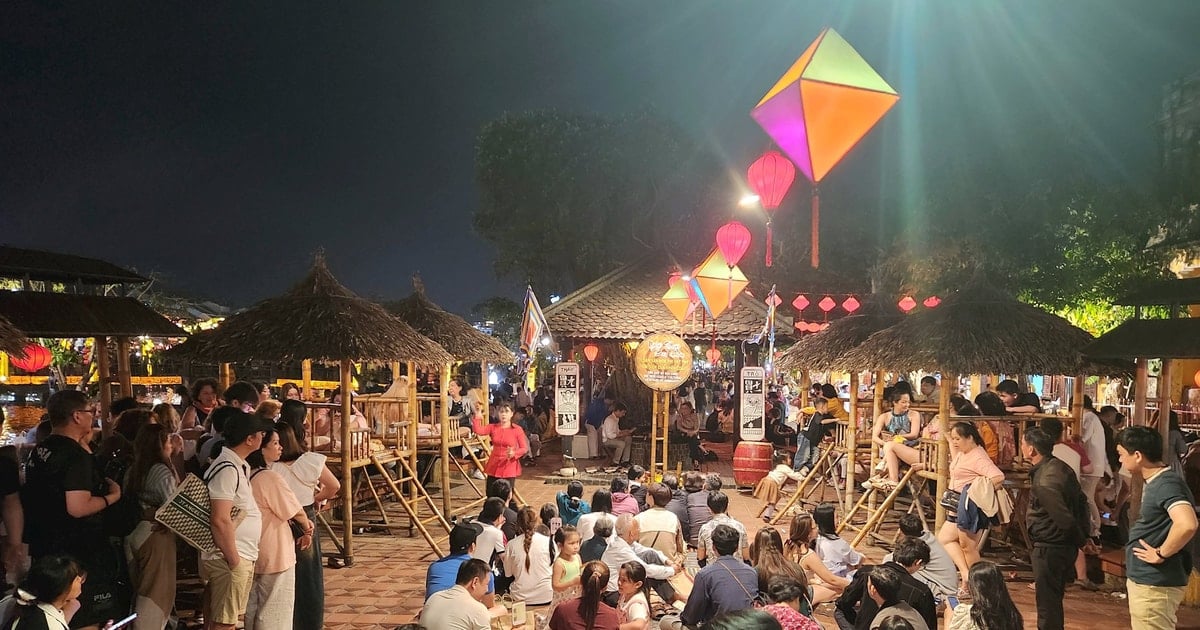
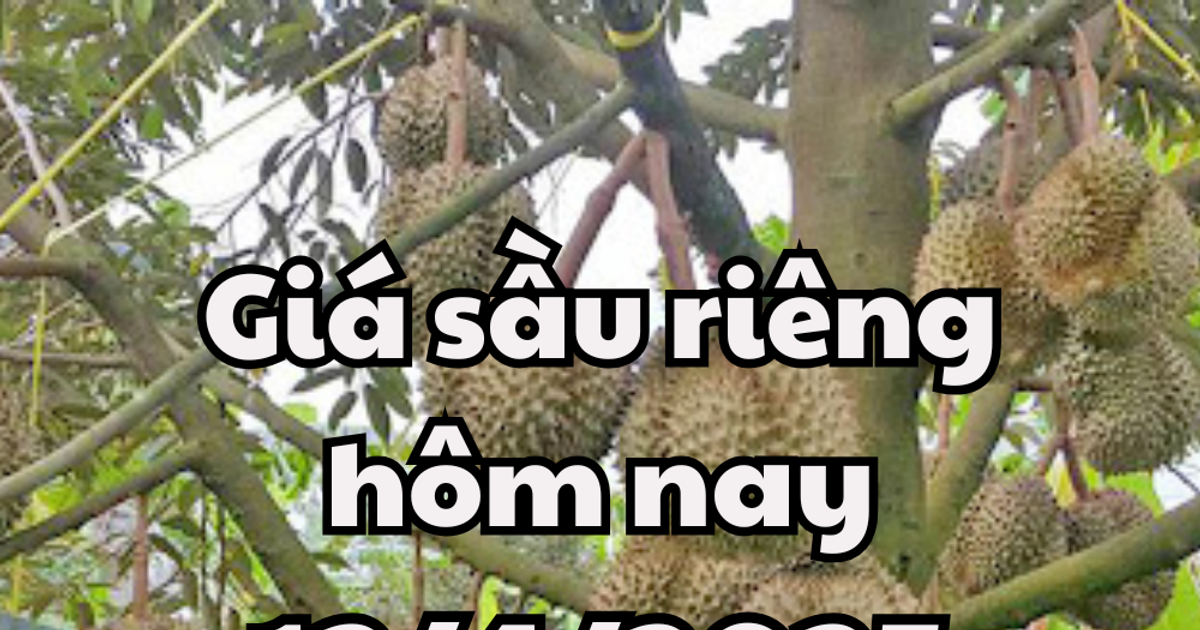













Comment (0)